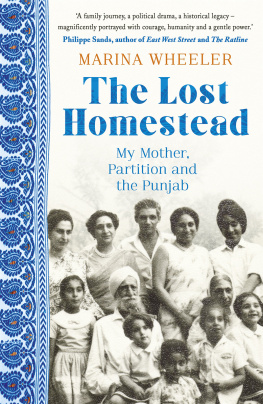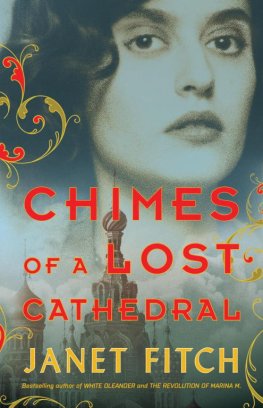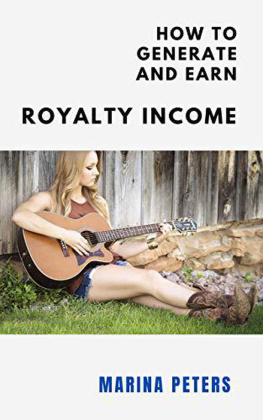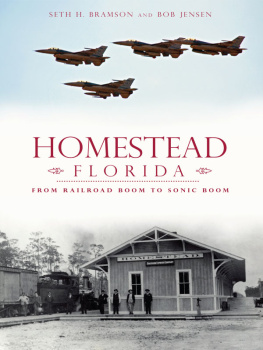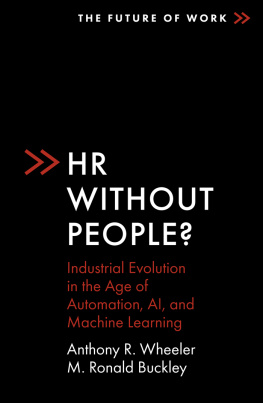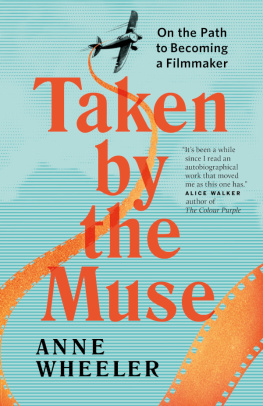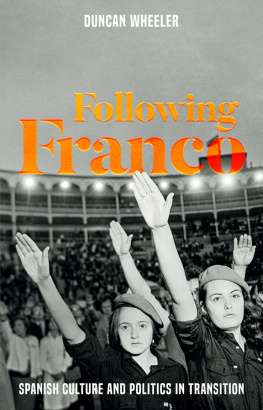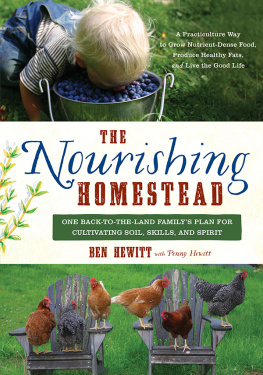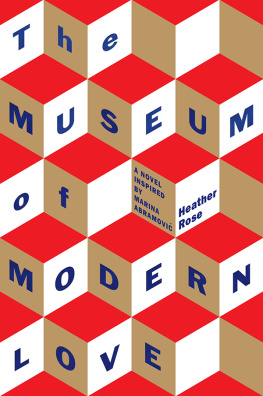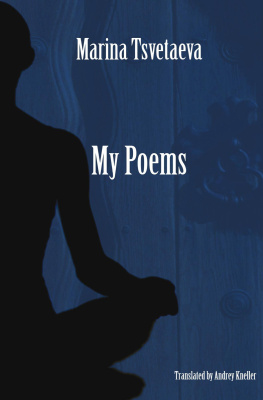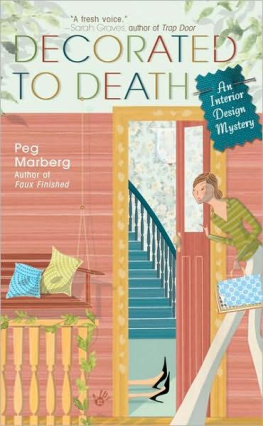Marina Wheeler - The Lost Homestead
Here you can read online Marina Wheeler - The Lost Homestead full text of the book (entire story) in english for free. Download pdf and epub, get meaning, cover and reviews about this ebook. year: 2020, publisher: Hodder and Stoughton, genre: Politics. Description of the work, (preface) as well as reviews are available. Best literature library LitArk.com created for fans of good reading and offers a wide selection of genres:
Romance novel
Science fiction
Adventure
Detective
Science
History
Home and family
Prose
Art
Politics
Computer
Non-fiction
Religion
Business
Children
Humor
Choose a favorite category and find really read worthwhile books. Enjoy immersion in the world of imagination, feel the emotions of the characters or learn something new for yourself, make an fascinating discovery.
- Book:The Lost Homestead
- Author:
- Publisher:Hodder and Stoughton
- Genre:
- Year:2020
- Rating:5 / 5
- Favourites:Add to favourites
- Your mark:
- 100
- 1
- 2
- 3
- 4
- 5
The Lost Homestead: summary, description and annotation
We offer to read an annotation, description, summary or preface (depends on what the author of the book "The Lost Homestead" wrote himself). If you haven't found the necessary information about the book — write in the comments, we will try to find it.
The Lost Homestead — read online for free the complete book (whole text) full work
Below is the text of the book, divided by pages. System saving the place of the last page read, allows you to conveniently read the book "The Lost Homestead" online for free, without having to search again every time where you left off. Put a bookmark, and you can go to the page where you finished reading at any time.
Font size:
Interval:
Bookmark:

Contents
Marina Wheeler is a barrister and was appointed Queens Counsel in 2016. Practising from One Crown Office Row Chambers, she specialises in public and human rights law and also teaches mediation and conflict resolution.
She co-authored The Civil Practitioners Guide to the Human Rights Act and writes regularly for the UK Human Rights blog as well as national newspapers, usually on legal subjects. This is her first non-legal book.
Marina lives in east London.

www.hodder.co.uk
First published in Great Britain in 2020 by Hodder & Stoughton
An Hachette UK company
Copyright Marina Wheeler 2020
The right of Marina Wheeler to be identified as the Author of the Work has been asserted by her in accordance with the Copyright, Designs and Patents Act 1988.
Cover image: From authors collection
Photographs: Insert, page 16 Imogen Forte. All other photographs are from the authors collection.
All rights reserved.
No part of this publication may be reproduced, stored in a retrieval system, or transmitted, in any form or by any means without the prior written permission of the publisher, nor be otherwise circulated in any form of binding or cover other than that in which it is published and without a similar condition being imposed on the subsequent purchaser.
A CIP catalogue record for this title is available from the British Library
eBook ISBN 9781473677777
Hardback ISBN 9781473677746
Trade Paperback ISBN 9781473677777
Hodder & Stoughton Ltd
Carmelite House
50 Victoria Embankment
London EC4Y 0DZ
www.hodder.co.uk
For my parents, Dip and Charles.
The seventieth anniversary of Indian Independence and Partition was commemorated in the summer of 2017. To mark the moment, British director Gurinder Chadha released a feature film, Viceroys House , about these events. A newspaper editor who knew that my mother Dip (pronounced Deep) had lived through Partition asked me to review it.
I took my youngest child Theo (then studying A-Level History) to the press screening in Soho. As Id hoped, he found the film interesting, but he thought the sub-plot line was cheesy and the acting a little bit patchy. I did my best with the review. I praised the film for trying to convey the impact on ordinary families of the momentous decisions taken by the departing British and the Indian leaders. To this I added a flavour of what Id learnt from my mother, about her privileged life in colonial Punjab and the palatial home that she lost.
But aside from quibbles about acting and plot, I was troubled by something more serious: how the film dealt with the foundational, historical question: why Partition? The answer, it claimed, was that, unbeknown to Lord Mountbatten, the outgoing Viceroy, Britain had a secret plan to partition the country, to secure oil supplies and advance its own geopolitical interests in the brewing Cold War with Soviet Russia.
Really? This didnt tally with what Dip had told me or anything Id read (which, at that stage, was not a great deal). But if it wasnt true, why would the film say that it was? I understand people can perceive the same events in radically different ways. But allowing for interpretation, judgement and opinion, there is still a place for hard fact. Did any serious historians support the secret plan thesis? I wanted to know.
A few weeks later, I received a letter from a publisher who had read my review and asked if I had considered writing a book expanding its themes? I cradled the letter and looked out of my window. In the morning sun, above the trees in St Jamess Park, the gilded face of Big Ben glistened while ostentatiously marking the passage of time. Interesting idea, I thought, but impractical really.
Still, I decided to run it by Cassia, my third child (out of four). She hadnt yet started university, so she was around. She was keen on the idea. For months I had talked vaguely about writing a book. Perhaps something linked to my legal work, for the general reader, maybe on mediation or the law of armed conflict. This book, Cassia said, would be more interesting.
Her next point went to the heart of the matter: to my mother, known to her grandchildren as Nani. In the decade since my father Charles died, Dip had lived alone. Offers to move in with me or my sister Shirin, with our families in London, were always firmly refused. For forty-plus years we had had a family home in Sussex and thats where she was staying, she said.
Nani is getting on, Cassia observed. You want to spend more time with her and she needs your help too. She has a good story to tell, so this is your chance. Who knows what might happen? If you faff around, shell get too old to tell it.
Cassia knew that, after a diagnosis of cancer, Charless decline had been fast. Shirin and I would sit with a pad and note down his stories. But we didnt get very far. He was finishing a radio programme for the BBC to mark the flight of the Dalai Lama from Tibet fifty years earlier, an event he had reported when posted in India. The evening before it was recorded, Shirin helped him check over the script. The following (heart-rending) day, I went with him to Broadcasting House. He struggled for breath (my job was to administer oxygen from a portable tank). Old colleagues and admirers gathered to well, pay their respects. So I knew my daughter was right. In these situations theres no time like the present.
I had other reasons to embark on this project, which I kept to myself. I was run ragged. I had recently become a Queens Counsel, but had not yet found space to develop my practice. I had moved my large family into this gracious government flat and filled every antique dresser with our unruly clutter. Perhaps, I thought, while I work out my role in all this, I could do with a less punishing pace
So I decided to tell Dips story. Of course, though I was slow to grasp it, it is also my story.
We are a growing number, we for whom the question Where are you from? causes discomfort. It doesnt offend me. I dont mind when a taxi or Uber driver asks it, having glanced in the mirror and concluded, presumably, that I look a little bit foreign. The question is only unsettling because I have never really known how to reply.
With light-ish skin and dark hair, I could be Mediterranean. Add the name Marina into the mix and the assumption is that Im Greek.
There was a mantra I used to trot out. My mother is Indian, I would say, but shes not from India exactly; she was born in whats now Pakistan, in a place called Sargodha not far from Lahore.
Sometimes, this prompted an excited follow-up question, So you are Punjabi? My heart would then sink. My answer could only disappoint. Technically yes, well half-Punjabi at least, but I have never been to the Punjab and dont speak the language or any Indian languages, as a matter of fact.
Many Indians who settled in the UK came with their whole families, leaving no one behind on the subcontinent. Naturally, their ties became loosened. But thats not our set-up at all. We have plenty of family in India in Delhi and in Mumbai. Which makes my detachment all the more puzzling.
My cousins used to chastise my mother for failing to teach us our roots or how to converse in Punjabi or Hindi. But I dont think thats fair. Dip had her reasons. I just never really knew what they were. Just as I never knew why, after 1972, she stopped visiting India.
Font size:
Interval:
Bookmark:
Similar books «The Lost Homestead»
Look at similar books to The Lost Homestead. We have selected literature similar in name and meaning in the hope of providing readers with more options to find new, interesting, not yet read works.
Discussion, reviews of the book The Lost Homestead and just readers' own opinions. Leave your comments, write what you think about the work, its meaning or the main characters. Specify what exactly you liked and what you didn't like, and why you think so.

